“We will not die from Coronavirus, but from hunger.” How do state and humanitarian policies further compound the risks that refugees are facing during the Coronavirus pandemic? In this post, Jasmin Lilian Diab examines UNHCR’s response to Covid-19 and the impact of social distancing and isolation policies on Syrian refugees living in Lebanon. Thus far,…
Tag: localisation of aid agenda
Sustaining protracted displacements: A brief history of labor policy for Jordan’s refugees
This piece problematizes dominant conceptualisations of refugees in Jordan both as passive victims dependent on aid and as migrants who are ‘interchangeable’ within the Jordanian labour market. Specifically, Aaron Steinberg examines and problematizes the impact of the Jordan Compact, an international agreement ostensibly providing paths to employment for Syrian refugees in Jordan. However, as Steinberg…
Barriers to Localisation: Making the Invisible Visible
Despite international support for the 'Localisation of Aid' Agenda, working with 'the local' remains not only challenging, but also frustrating for many international organisations. As Kathleen Rutledge explains in this piece, this frustration stems from a variety of sources, from a sense that the local is frequently 'less professional', to a degree of mistrust about…
Assessing Urban-Humanitarian Encounters in Northern Lebanon
In this post, Estella Carpi examines the interface between ‘the urban’ and the humanitarian system in the small urban centre of Halba, in order to shed light on the antagonistic and, at times, collaborative relationships between local authorities, local and refugee labourers, and international humanitarian agencies. If you find this piece of interest, please also…
Mobility, Hope and the ‘Appropriation’ of Space: Reflections from a PhotoVoice Project
Typically, photographs of and about displaced peoples focus on individual suffering victims, acts of individualised resilience, or tropes that resonate with the wider genre of humanitarian narratives. As a result, the Refugee Hosts project has adopted what Dr Elena Fiddian-Qasmiyeh has termed a "Spaces and Places, Not Faces" approach to refugee-photography. As Michelle Lokot explores in…
Employment and pension rights in the context of the localisation of aid agenda
Introductory reflection by Elena Fiddian-Qasmiyeh, Refugee Hosts PI and UCL Through the Localisation of Aid agenda, the international community has committed to support 'locally-based' actors who play a key role in responding to people affected by conflict and displacement. Indeed, as we have been exploring in our Localisation of Aid blog series, nationally- and locally-based…

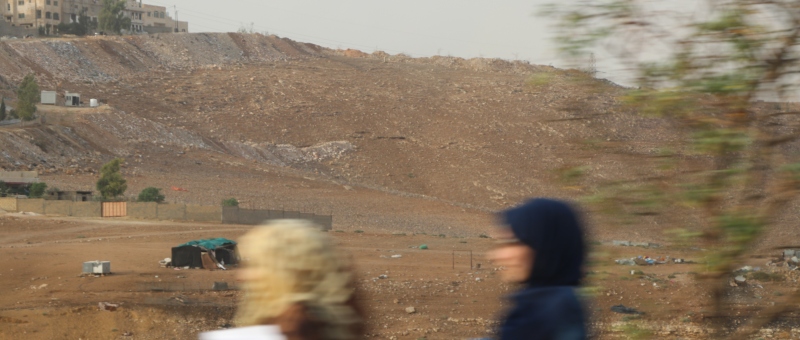
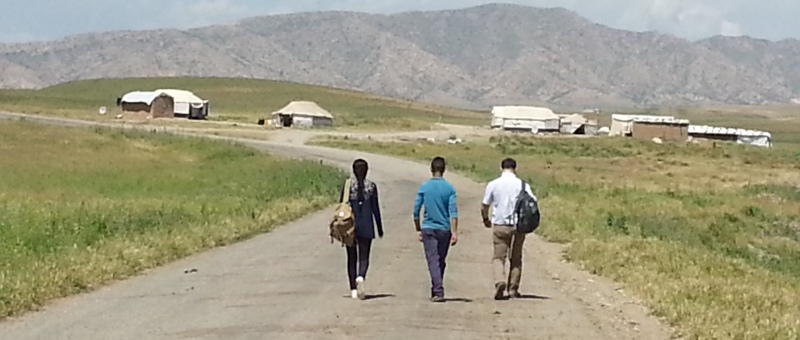
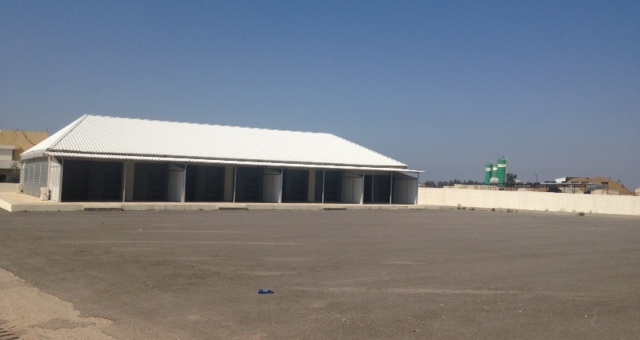
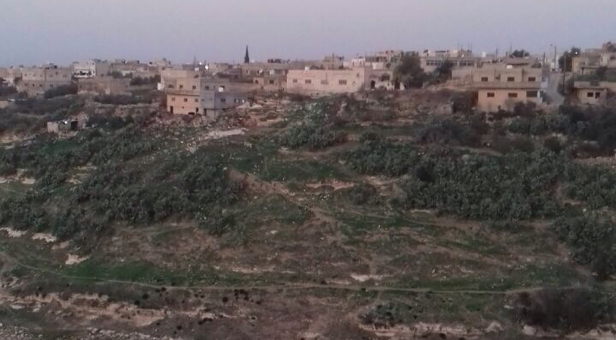
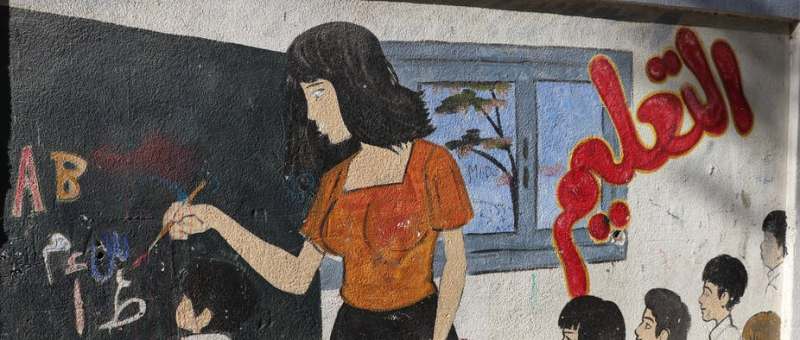
You must be logged in to post a comment.